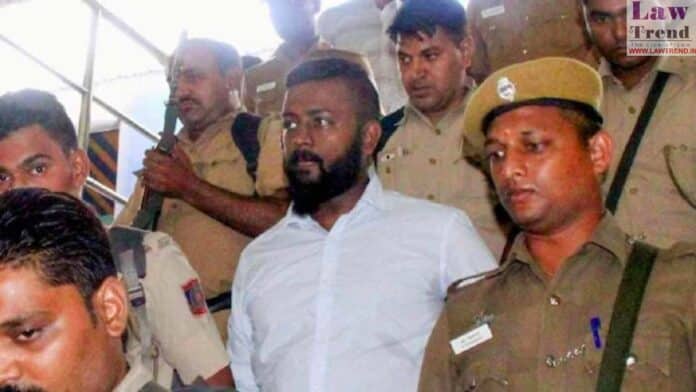The Supreme Court on Tuesday dismissed a plea by alleged conman Sukesh Chandrasekhar seeking a transfer from Mandoli Jail in Delhi to another facility, criticizing it as an abuse of the legal process. The bench, comprising Justices Bela M. Trivedi and P.B. Varale, highlighted that Chandrasekhar had filed similar requests in the past, which were also rejected.
During the proceedings, the justices remarked on Chandrasekhar’s recurrent use of legal avenues to seek a jail transfer, questioning the integrity of his claims and noting a pattern of manipulating the legal system. “You have money to spend, you keep on taking chances. This is abuse of process of law. How can you keep filing the same petition?” the court expressed.
Chandrasekhar, who sought to be relocated to a facility in Karnataka or nearby to be closer to his family, argued through his lawyer, Senior Advocate Shoeb Alam, that his rights under Article 21 of the Constitution were being infringed upon by not allowing him the transfer. Alam emphasized the right of the petitioner not to be kept away from his family.
However, the bench countered these claims by stressing the broader societal concerns and safety implications tied to Chandrasekhar’s allegations against law enforcement and other inmates. “We are worried about society and its safety also. Your fundamental rights cannot be enforced at the cost of others,” the justices added.
Previously, Chandrasekhar had made serious allegations against various officers and claimed that surveillance equipment was installed in his cell to coerce him into withdrawing complaints against certain government officials, including former Delhi minister Satyendra Jain. He alleged extortion by Jain and significant financial contributions to the Aam Aadmi Party (AAP), which both Jain and AAP have denied.
The court’s decision reflects a growing impatience with Chandrasekhar’s repeated legal maneuvers, which they view as strategic rather than substantive. This judgment follows a series of dismissed petitions by Chandrasekhar and his wife, who are both facing charges of money laundering and cheating numerous individuals.




